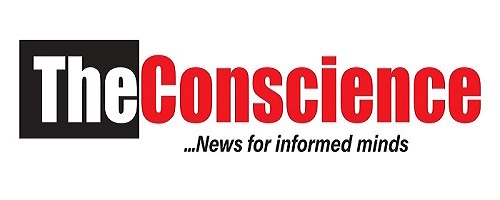
Fuel Rises By 430% in 17 months Under Tinubu As TUC Identifies Solution
In less than 17 months of the current administration, the price of fuel has risen by over 430 per cent from May 29 when President Bola Tinubu took over the leadership of Nigeria.
THECONSCIENCE NG gathered that in several parts of Nigeria on Thursday, including Abuja, Port Harcourt, Warri, Oshogbo, Kano and Kaduna, petrol sold far beyond the new threshold the Nigerian National Petroleum Company Limited (NNPCL) set for its customers on Wednesday.
The state-owned oil company had increased the official pump price of petrol in its retail outlets to N1,030 per litre in Abuja from the N897 it announced on September 3 and from N855 to N998 in Lagos.
Various reactions have however continued to trail the developments as citizens face excruciating hardship over the debilitating impact of the rising cost of petroleum products in the country.
The Trade Union Congress (TUC) has asked the federal government to consider subsidising crude oil supply to local refineries to cushion the harsh effect.


As part of measures to ensure positive gains from deregulation, it said that all petroleum products marketers should be given equal opportunity both to access products from Dangote Refinery and other sources.
The union also said that the federal government should intervene with measures to strengthen the Naira over major foreign currencies such as the Dollar and Pounds as a means of arresting the high inflation rate currently ravaging the country.
Addressing journalists in Abuja, TUC’s President, Festus Osifo said the policy of full deregulation of the downstream petroleum sector was not bad in itself.
He argued that what was responsible for the continuous hike in prices of products including PMS is the ill-advised floating of the Naira, maintaining that the country’s currency is presently undervalued compared to other currencies.
Osifo said that because crude oil is sold at international price, products from domestic refineries tend to be affected by volatility of the foreign exchange market.
“Like I said here, if government today makes a special intervention in that sector by pegging foreign exchange rate for crude supply to Dangote Refinery at 1,200 Naira to a dollar, PMS price is going to crash much more below N700 per litre of PMS.
“So the demand is that government should create a special foreign exchange scheme for that purpose. There is no government in the world that doesn’t intervene in its critical sector, and the critical sector in this case is the energy sector. We shouldn’t leave it to all the vibrations and the gyrations today that we are having regarding our Naira.
“So when that special intervention is done, the PMS price will even go below where it was moved from. It was moved by N800 plus. But when that intervention is done, it’s going to go down to N700,” he emphasised.
Osifo noted that TUC had studied the petroleum products supply crisis in the country and summarised them under three factors namely: Availability, affordability and accessibility.

























